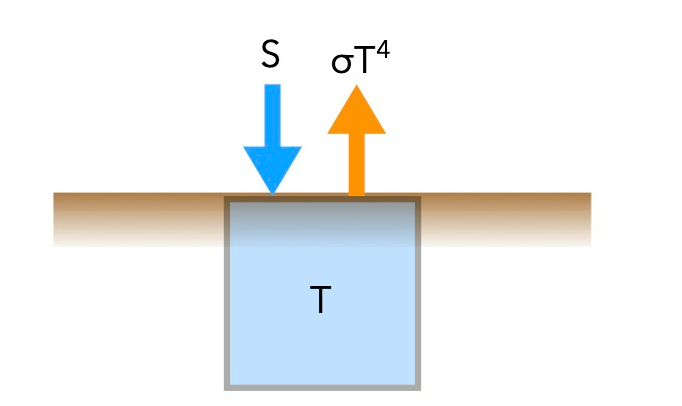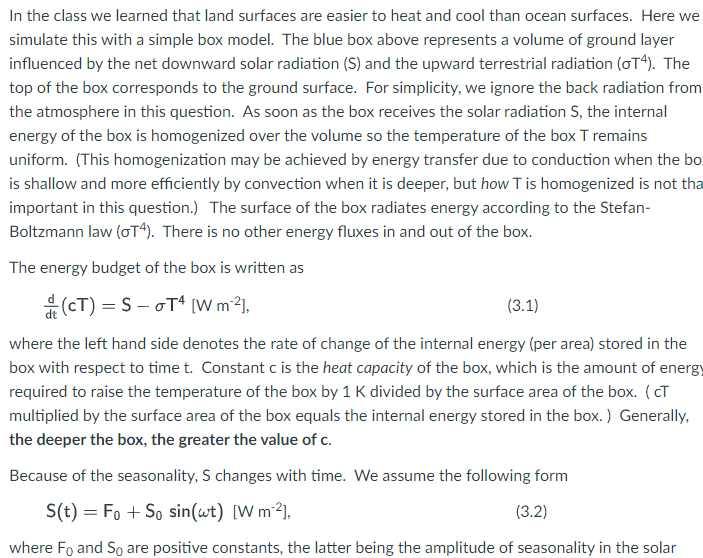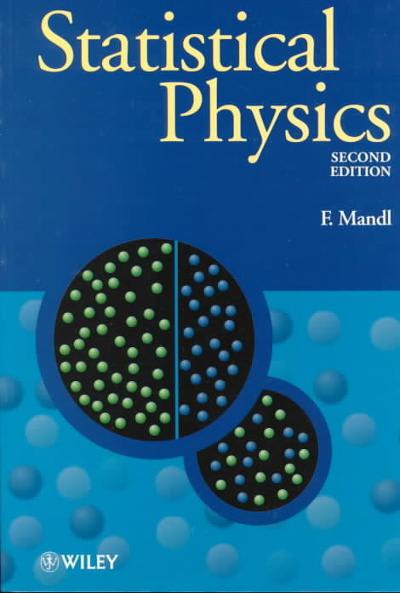Answered step by step
Verified Expert Solution
Question
1 Approved Answer
Stuck on this question. All the inforamtion needed is below, thanks for any help you might be able to offer. This is just an environmental
Stuck on this question. All the inforamtion needed is below, thanks for any help you might be able to offer. This is just an environmental studies of the earth question - it's not as complex as it appears:



Step by Step Solution
There are 3 Steps involved in it
Step: 1

Get Instant Access to Expert-Tailored Solutions
See step-by-step solutions with expert insights and AI powered tools for academic success
Step: 2

Step: 3

Ace Your Homework with AI
Get the answers you need in no time with our AI-driven, step-by-step assistance
Get Started


